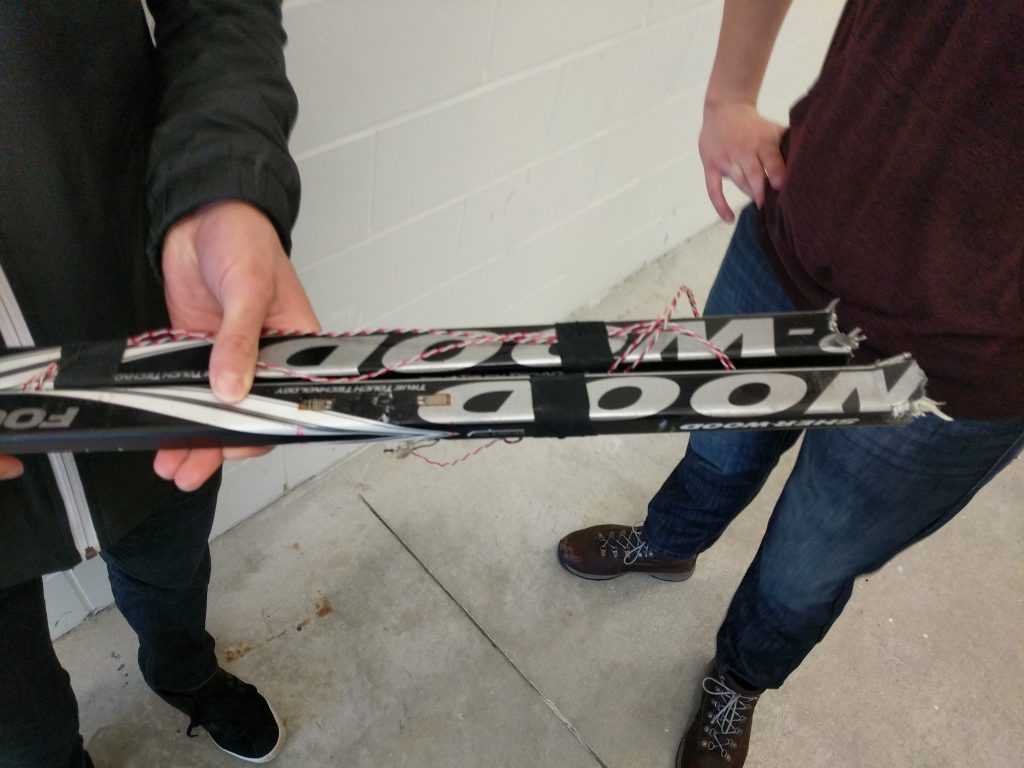On a day like today when the breeze moves the branches of the trees and the clouds extend over the sky in a sea of pastel colours, I get flash backs of the days when I thought school would never be over, when I thought school was too hard for me to handle. I let out a big sigh today and I get nostalgic for ever thinking that I was not capable of achieving my dreams and giving up on myself before I had the chance to try.
I have had a dream for such a long time: I dreamed about being a Mechanical Engineer from UBC, having friends to share my daily experiences and learning about how the world around me works. Today I can say I have successfully accomplished this dream. I am so thankful to the people who have helped me make this happen, because if it wasn’t for their push and support, I would have given up a long time ago. For the past two weeks I have been thinking about my years at UBC, and how it has changed me for the better. I have faced so many challenges along the way that taught me how to be strong and to never give up. I have literally grown thick skin, which I hope can help me in future adventures and professional careers.
I just wanted to write this blog to thank you all for making my time at UBC memorable. Thank you to the Mech Student Service Office for their years of support and help, thank you Mech staff for always being kind and generous, thank you to the best facilities team that with dedication have made us feel proud of our department. Special thanks for those professors that multiple times encourage me to learn for the sake of learning – not to get good grades, especially those that saw potential in me when I didn’t think I had any. Thank you to Larry, the janitor in the second floor of CEME who always greeted me, and helped me keep the club room clean. Finally, I would like to thank my amazing team of executives in Club Mech, my family, and friends for motivating me to keep going.

Well, it is almost the end of this term and I am getting ready to write some of my last finals EVER and finishing Capstone documentation. Cheers to my last year, and believe me when I say that in no time, it will be your last one too. Feel free to ask any questions to the future Mech Ambassadors at ambassadors@mech.ubc.ca.
“Good morning! Oh, and in case I don’t see ya, good afternoon, good evening, and goodnight”
– Truman Burbank
Diana Nino
